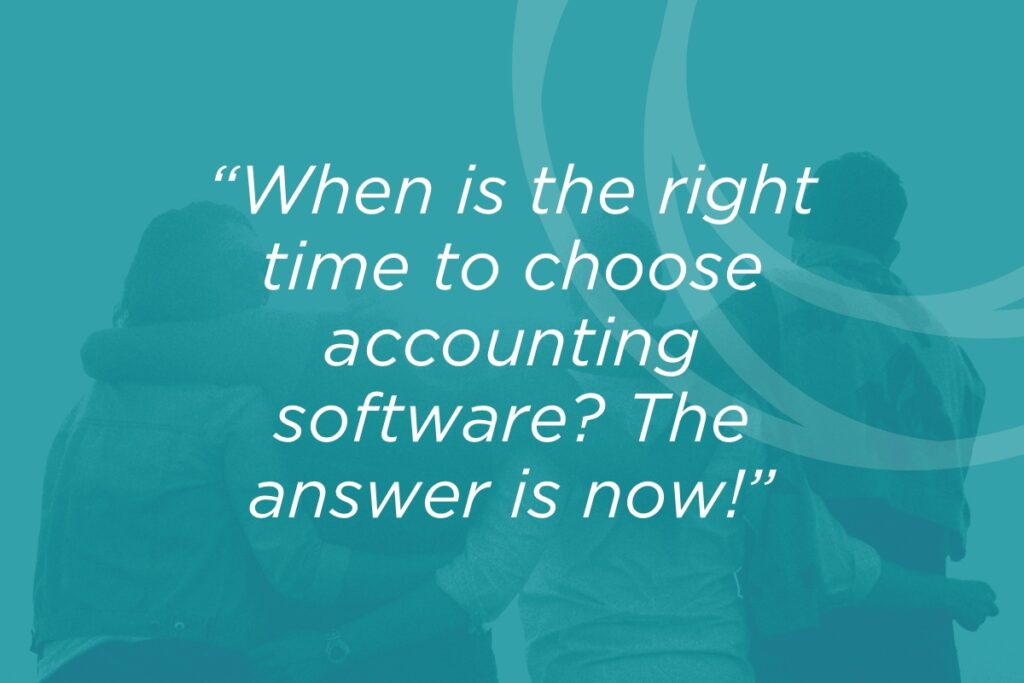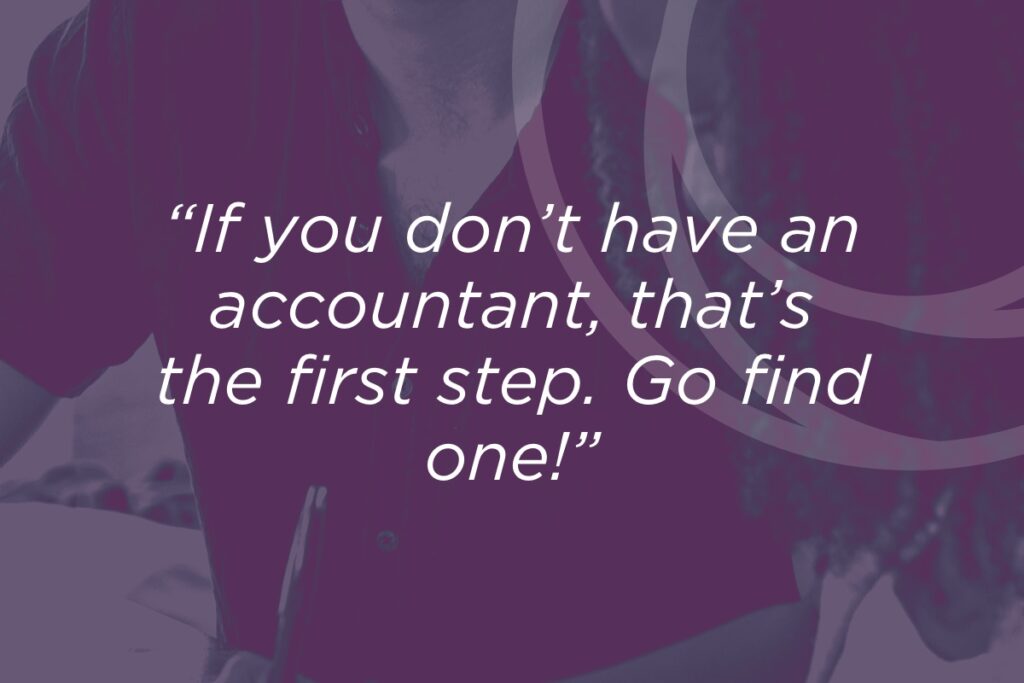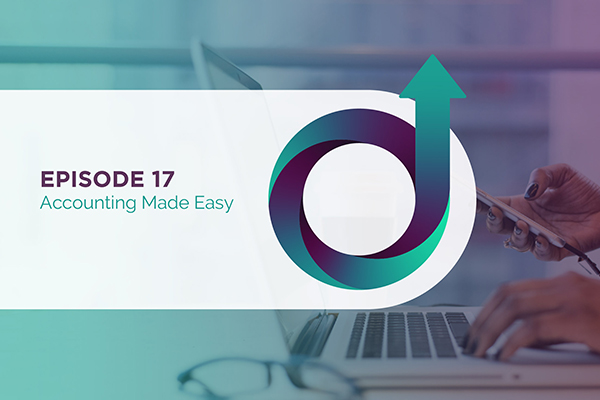Today’s question is, when is the right time to choose accounting software? And when should you hire an accountant? And the answer is now. If you have not chosen accounting software or don’t have an accountant just yet, the time has come. In this week’s episode, Jill is digging into all things money management.
There are many things that can make your life easier as a small business owner. One of those all-important things is accounting software. Jill uses Quickbooks Online, which she has found smooths out the accounting process and makes the purchase-to-file pipeline easy. This program allows you to swipe through your transitions and file them into the appropriate category. Not only that, but Quickbooks will remember those transactions, so the next time they appear, they’ll be suggested for that same category. From there, you can do this work while the kids are at soccer practice, while you have a quick break, or while your car is in the shop.
Many business owners wait until the last moment to sort these transactions and will even file for an extension to file in October. Jill recommends breaking this habit by being honest with yourself and considering hiring an accountant. This vital addition to your team can save you time and effort, and generally will give you peace of mind that your transactions are sorted and your ducks are in a row when the time comes. Delaying this crucial step can, and will cost you money. When you wait, you forget. And when you forget, things slip through the cracks. This team member will help you sort and organize what you need when you need it. A
In addition to an accountant, a bookkeeper is an incredibly helpful person to bring on your team. This person is going to be SO helpful with keeping you in the loop with your finances.
Jillian’s process is this: take the total of whatever it is that you’re saving up, and I divide it by how many months you have left. Then, take the new dollar amount that you’re being charged, because it might’ve changed, and build in a little bit of an extra. From there, take that bumped-up number, divide it by however many months are left, and use that new percentage to go off of. And then that is what I’m transferring out every single month. By the time you need to pay, you’re already used to having that amount taken out of your budget.
As an extra tip: make the accounts you normally borrow from, the ones you’re saving with, as inaccessible as possible. This is a little mental trick to help you get into a rhythm.
Helpful Links
Show Notes





